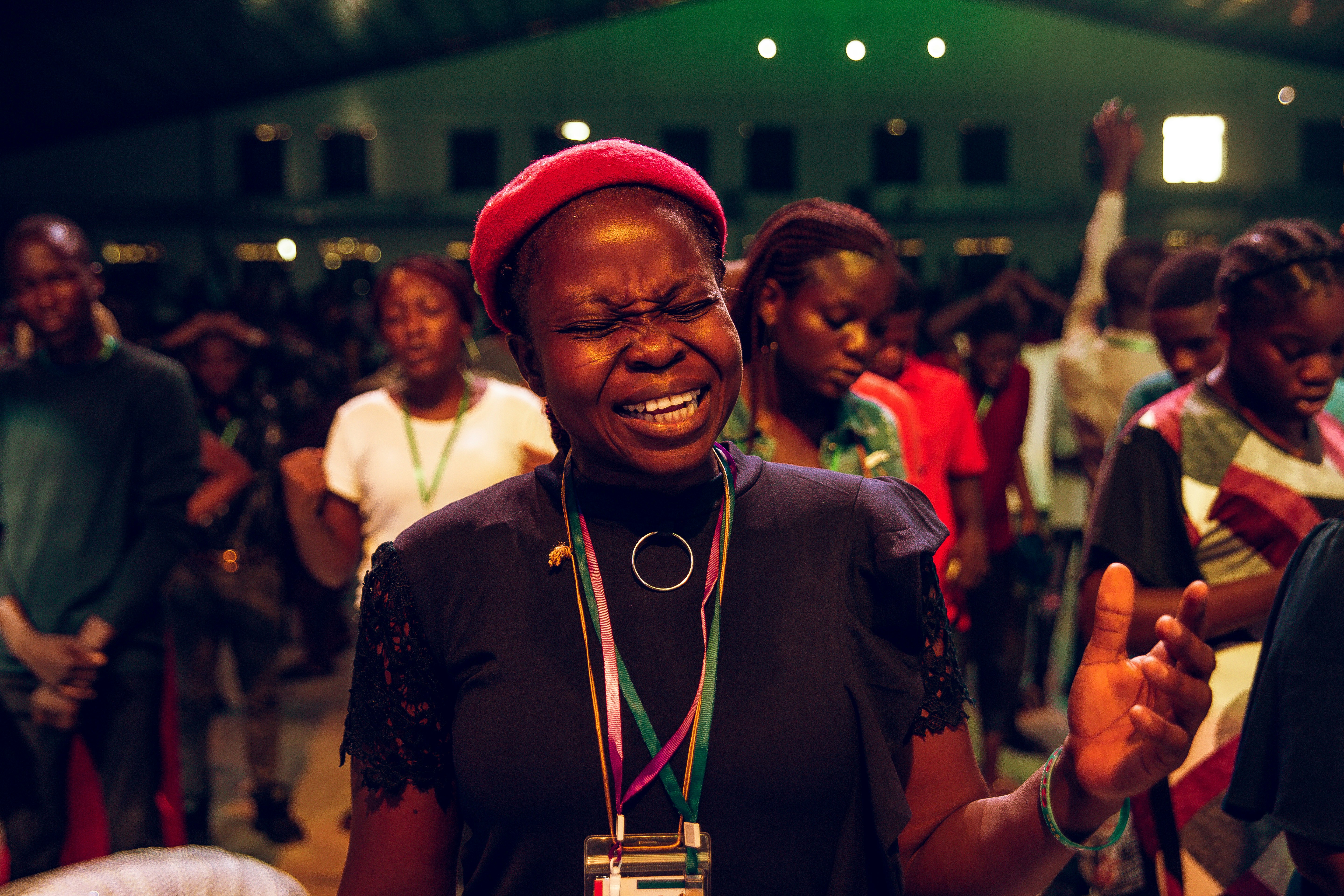
4 minute read
Intercessory Prayer: The Foundation for Missions
Intercessory prayer is necessary for advancing the kingdom of God, especially for unreached people groups and regions where the gospel has yet to take root (Matthew 9:38). Throughout history, prayer movements have resulted in mission breakthroughs, demonstrating that prayer is essential for spiritual transformation and the fulfillment of the Great Commission (Matthew 28:16–20, Acts 4:23–31).
Biblical Foundation for Intercession
The Bible reveals God’s heart for the nations and the role of prayer in advancing his kingdom. Scriptures such as 1 Timothy 2:1–4 emphasize praying for all people, including leaders and nations, so that the gospel might spread. In Ezekiel 22:30, God seeks intercessors to stand in the gap for others, highlighting the role of prayer in his divine plan.
The Role of Prayer in Mission Breakthroughs
History is filled with examples of how intercession has caused significant mission breakthroughs. One of the most remarkable is the Moravian Prayer Movement, which began in 1727 in Herrnhut, Germany, when a small Christian community launched an around-the-clock (24/7) prayer vigil that continued unbroken for over 100 years. This dedication to prayer led the Moravians to send out more than 300 missionaries in the next 65 years—and more than 3,000 missionaries by 1930—to some of the most challenging parts of the world, including Greenland, the West Indies, and Africa.
The Haystack Prayer Meeting of 1806 offers another inspiring story. A group of five college students gathered under a haystack during a thunderstorm to pray for global missions. Their prayers sparked the American missionary movement, resulting in the formation of the American Board of Commissioners for Foreign Missions. This organization sent missionaries to Asia, Africa, and the Middle East, greatly expanding the reach of the gospel.
The Korean Revival of 1907, often referred to as the “Great Revival,” demonstrates the power of prayer in igniting national transformation. This movement began with intense prayer and repentance in Pyongyang and spread across the nation, leading to over a million conversions and establishing South Korea as a hub for global missions.
In these examples, prayer acted as the foundation for breaking spiritual barriers, empowering missionaries, and opening doors that were previously closed to the gospel.
The Need for Intercessory Prayer Today
The need for intercession remains urgent. According to the Joshua Project, 42% of the world’s population, approximately 3.4 billion people, belong to unreached people groups with little to no access to the gospel. Over 7,000 distinct groups remain unreached, primarily within the 10/40 Window, which spans North Africa, the Middle East, and Asia. This region is home to over 5 billion people, including the world’s largest populations of Muslims, Hindus, and Buddhists.
Targeted intercession has proven transformative in these regions. Programs like Operation World and Prayercast, a global prayer movement, have equipped believers to pray strategically for specific nations, people groups, and spiritual strongholds. These efforts have led to measurable breakthroughs, such as church planting in resistant areas, the conversion of influential leaders, and the empowerment of local believers to spread the gospel.
Prayer: A Call to Action
The work of intercessory prayer is not limited to a select few; it is a call to every believer. By interceding for unreached people groups and specific geographical locations, Christians can partner with God in his mission to bring every nation, tribe, and tongue into his kingdom (Revelation 7:9). Prayer transforms not only individuals but entire regions, breaking spiritual strongholds and preparing hearts to receive the gospel.
History shows that great mission work is birthed in prayer. Today, as billions remain unreached, the Church has an opportunity to unite in intercession and witness a new wave of mission breakthroughs. Will you be among those who stand in the gap?











